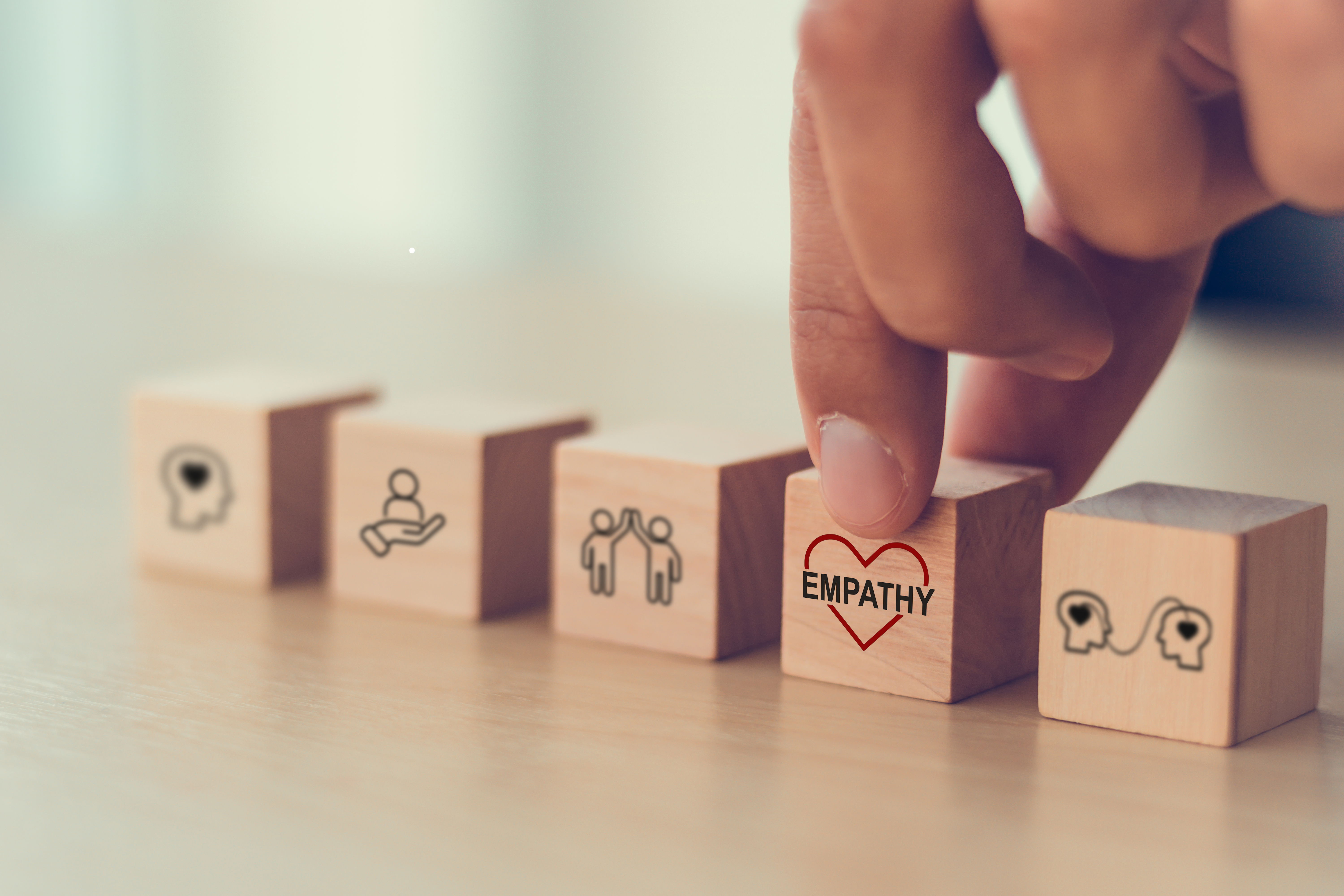When Ranting Isn’t Enough: When to Seek Professional Help
When Ranting Isn’t Enough: When to Seek Professional Help Recognising the Limits of Ranting Buddies and Embracing Counselling Support
by Angie Petrie
Ranting buddies those trusted friends or confidants who listen without judgement—can be invaluable during moments of stress or overwhelm. They provide empathy, validation, and a safe space for emotional release. Yet, despite the comfort and connection that comes from sharing with a friend, there are times when the support of even the best ranting buddy isn’t enough. When emotional burdens persist, or when the weight of your struggles begins to impact your wellbeing in deeper ways, seeking help from a trained counsellor can be a transformative next step.
The Difference Between a Ranting Buddy and a Counsellor
A ranting buddy offers companionship, a sympathetic ear, and sometimes helpful advice drawn from personal experience. Counsellors, however, are specially trained to help you process complex emotions, identify underlying issues, and guide you towards evidence-based strategies for healing and growth. While friends may offer comfort, counsellors provide expertise, objectivity, and a structured environment designed for long-term wellbeing.

How to Know When It’s Time to Contact a Counsellor
- Persistent Feelings of Sadness, Anxiety, or Hopelessness: If you notice that difficult emotions are lingering for weeks or months, despite talking with friends, professional support may be needed.
- Impact on Daily Life: When your struggles begin to interfere with work, relationships, sleep, or self-care, a counsellor can help you regain balance.
- Feeling Stuck or Overwhelmed: If you find yourself repeating the same worries or problems and are unable to make progress, a counsellor can offer new perspectives and strategies.
- Withdrawal or Isolation: Pulling away from friends and activities you once enjoyed can be a sign that deeper help is necessary.
- Difficulty Coping with Major Life Changes: Loss, trauma, divorce, or transitions can be overwhelming, and a counsellor can help guide you through these experiences.
- Thoughts of Self-Harm or Suicide: If you ever have thoughts of hurting yourself, it’s important to reach out for professional support immediately. Counsellors are trained to help you stay safe and find hope.
- Strained or Repetitive Ranting Buddy Relationships: If your venting sessions start to feel unhelpful, or if friends are struggling to support you, it may be time to seek more specialised help.
- Seeking Objective, Confidential Guidance: When you need someone outside your social circle to listen and help you explore deeper patterns, a counsellor offers a confidential and impartial space.

How to Contact a Counsellor
- Identify Your Needs: Consider what kind of support you’re seeking (emotional, behavioural, relational) and whether you prefer in-person, online, text or phone counselling.
- Ask for Recommendations: Speak with your GP, trusted friends, or workplace wellbeing resources for referrals to qualified counsellors.
- Research Credentials: Look for counsellors who are registered with professional bodies (such as BACP, NCPS or ACC) as well as holding insurance and qualifications.
- Check Availability and Specialities: Many counsellors specialise in areas such as anxiety, depression, grief, or trauma, find someone whose experience matches your needs.
- Schedule an Initial Consultation: Many practitioners offer a free or low-cost first meeting to discuss your concerns and see if you feel comfortable to proceed.
- Try different options: If you can have a few initial sessions with a variety of counsellors or coaches before choosing, making sure you feel comfortable to tell someone your inner thoughts is important.
- Prepare for Your Session: Write down any thoughts, feelings, or questions you want to discuss. Remember, you don’t need to have all the answers—just a willingness to start.
Conclusion
While a ranting buddy can be a source of comfort, there are moments when professional help is essential. Remember, reaching out for help is a courageous act of self-care, not a sign of weakness. If life’s challenges feel heavy or you simply need someone to listen, a counsellor is there to offer understanding, support, and gentle guidance. You deserve to be heard, valued, and helped through whatever you’re facing. By taking that first step, you are choosing kindness for yourself and opening the door to healing and hope.
You are not alone; support is always within reach.
Trust yourself to reach out and find it.
